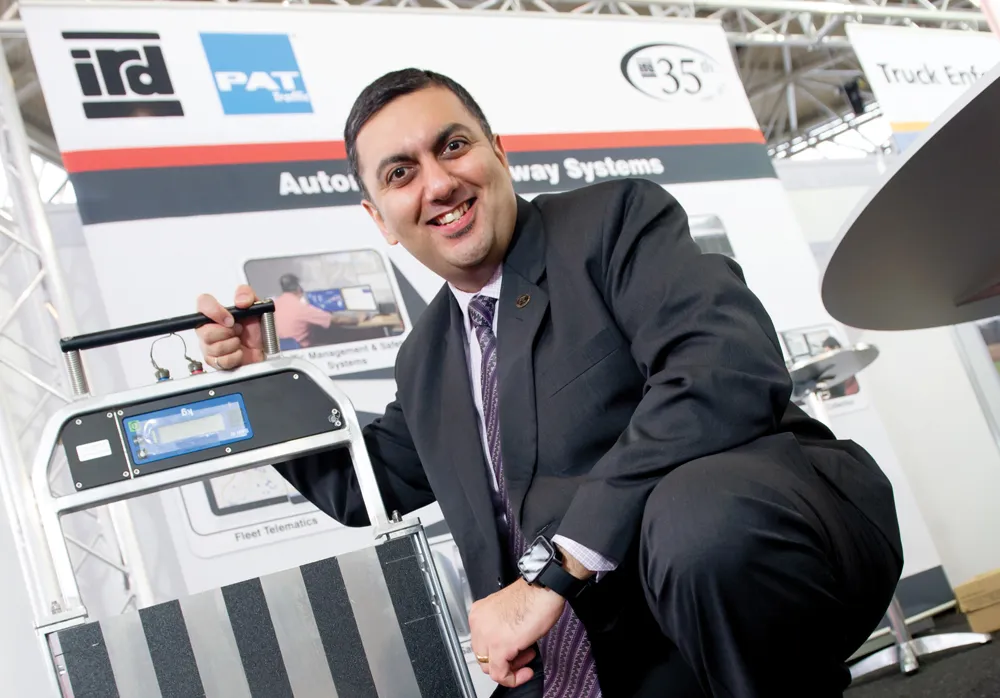The Ministry of Energy and Mines in Canada’s British Columbia has announced the Greenhouse Gas Reduction regulation that advances the adoption and deployment of natural gas vehicles in BC. The regulation permits a utility to spend up to $62 million on vehicle and ferry incentives, up to $12 million on compressed natural gas (CNG) fuelling stations and up to $30.5 million on liquefied natural gas stations, for a total of $104.5 million.
May 16, 2012
Read time: 1 min
The 5573 Ministry of Energy and Mines in Canada’s British Columbia has announced the Greenhouse Gas Reduction regulation that advances the adoption and deployment of natural gas vehicles in BC. The regulation permits a utility to spend up to $62 million on vehicle and ferry incentives, up to $12 million on compressed natural gas (CNG) fuelling stations and up to $30.5 million on liquefied natural gas stations, for a total of $104.5 million.
The Greenhouse Gas Reduction regulation will promote the use of British Columbia's abundant natural gas resources as a transportation fuel in heavy-duty transport vehicles, such as trucks, transit buses, school buses, refuse trucks and marine vessels.
In addition, the Province is offering direct grants of up to $2,500 to purchasers of qualifying CNG vehicles. This is being offered through the $14.3 million clean energy vehicle Programme, announced in Nov. 2011.
The Greenhouse Gas Reduction regulation will promote the use of British Columbia's abundant natural gas resources as a transportation fuel in heavy-duty transport vehicles, such as trucks, transit buses, school buses, refuse trucks and marine vessels.
In addition, the Province is offering direct grants of up to $2,500 to purchasers of qualifying CNG vehicles. This is being offered through the $14.3 million clean energy vehicle Programme, announced in Nov. 2011.









